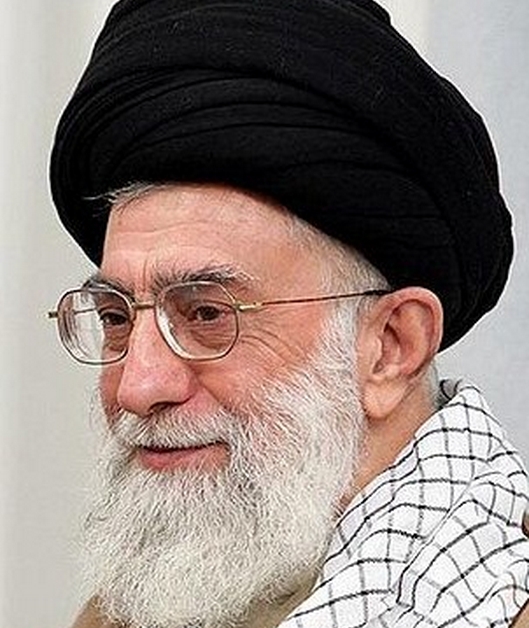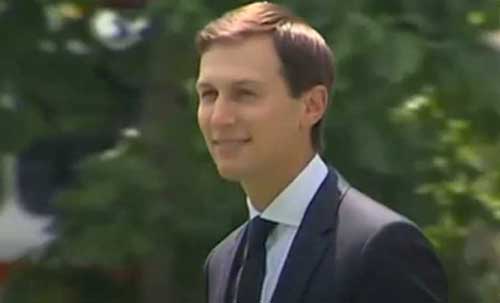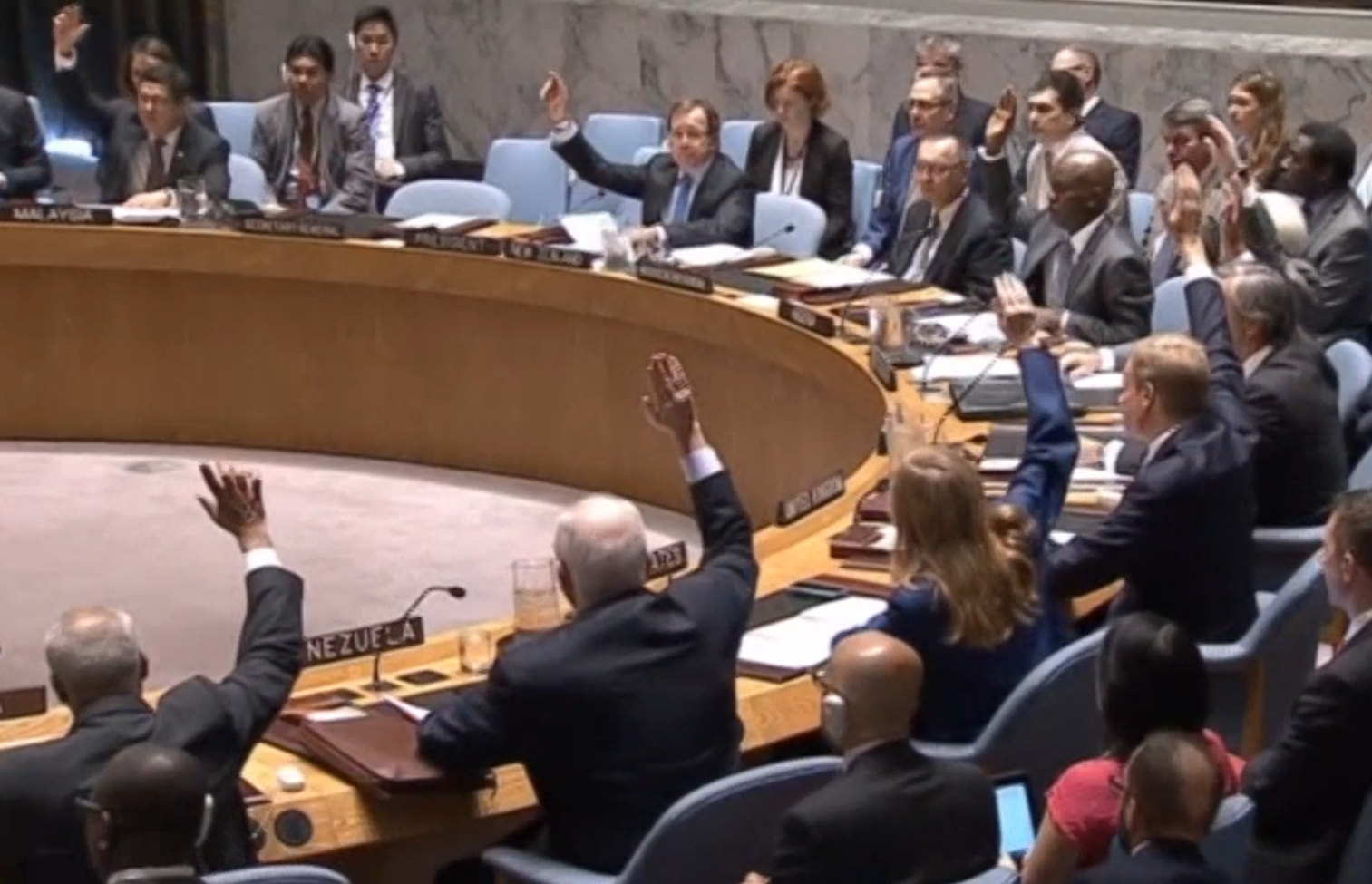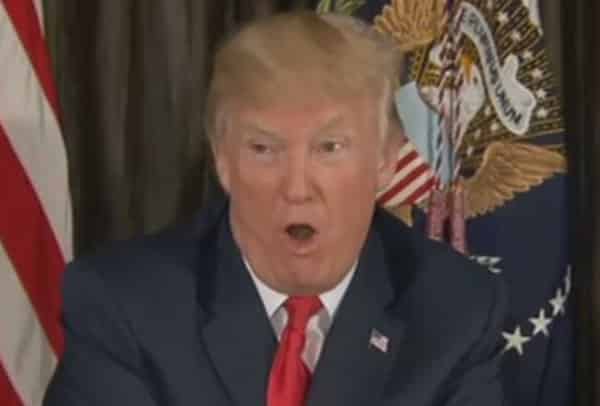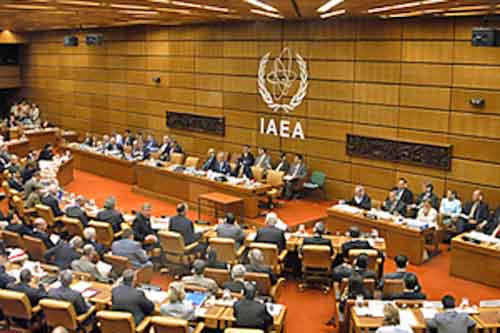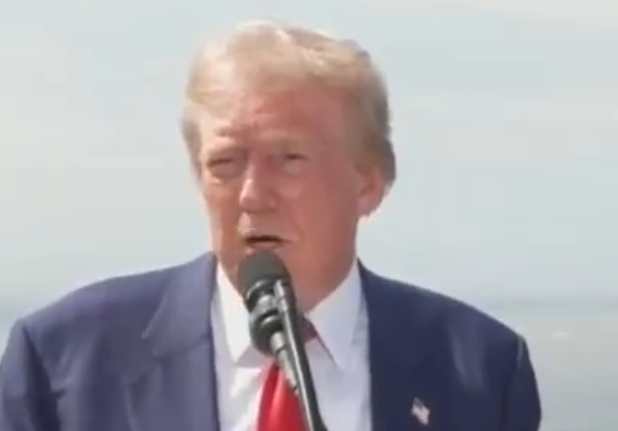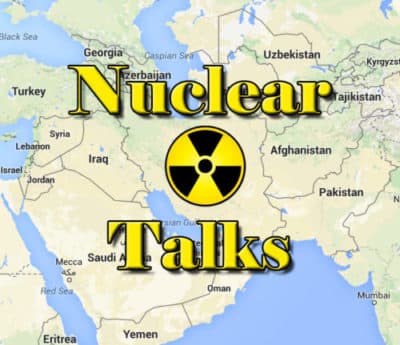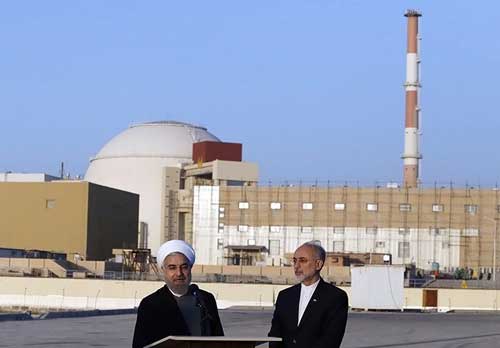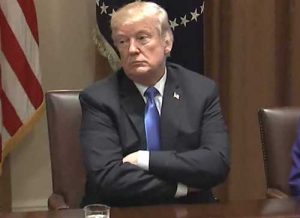
The United States has reimposed economic sanctions on Iran that were originally put in place to pressure the country to limit its nuclear program and later lifted under a 2015 international agreement.
President Donald Trump has been a frequent critic of that deal and withdrew the United States from the agreement three months ago, setting in motion the reimposition of the sanctions effective at midnight Monday.
Earlier in the day he assailed Iran as “a murderous dictatorship that has continued to spread bloodshed, violence and chaos.”
Trump said the new sanctions target the Islamic Republic’s automotive sector, its trade in gold and other precious metals, along with its currency, the Iranian rial, and other financial transactions.
He also reiterated that on Nov. 5, the United States would also resume sanctions against Iran’s energy-related transactions, as well as business conducted by foreign financial institutions with the Central Bank of Iran.
Trump renewed his attack on the international nuclear pact, calling it “a horrible, one-sided deal” that “failed to achieve the fundamental objective of blocking all paths to an Iranian nuclear bomb,” while giving it “a lifeline of cash” when earlier sanctions were lifted.
“Since the deal was reached, Iran’s aggression has only increased,” Trump said. He said Iran has used “the windfall of newly accessible funds” it received “to build nuclear-capable missiles, fund terrorism, and fuel conflict across the Middle East and beyond.”
He added, “To this day, Iran threatens the United States and our allies, undermines the international financial system, and supports terrorism and militant proxies around the world.”
Iranian President Hassan Rouhani, in a speech broadcast on state television, said the United States cannot be trusted because it withdrew from the international pact, whose other signatories still support it. He said Tehran has always believed in resolving disputes diplomatically.
Rouhani said that Trump’s call for direct negotiations with Iran were “only for domestic consumption in America … and to create chaos in Iran.”
Israeli Prime Minister Benjamin Netanyahu, like Trump a long-time opponent of the accord, congratulated him on the new sanctions.
“This is an important moment for Israel, the U.S., the region and the entire world,” Netanyahu said.
In Washington, senior administration officials said that while critics of Trump’s withdrawal from the Iran pact predicted that the threat of unilateral sanctions reimposed by the United States would be ineffective, the reality has shown the opposite.
“Three months out, we have a very different picture in front of us,” with higher unemployment, “widespread protests, social issues and labor unrest,” one Trump official said.
One of the officials said that nearly 100 international firms have announced their intention to leave the Iranian market, particularly in the energy and finance sectors.
The official said the United States expects Iran will blame it for any new hardships, saying, “They’ve been doing it for almost 40 years. Now, it’s there. It’s their modus operandi. But I think you can see the Iranian people start to see through that. We would like to see a change in the regime behavior, and I think the Iranian people are looking for the same thing.”
EU takes action
The European Union, which remains a supporter of the three-year-old nuclear pact with Iran, said it is taking counter-measures to blunt the impact of the sanctions Trump has reinstituted.
The EU said it is simultaneously implementing a “blocking statute” as the new sanctions take effect, stopping European companies from complying with the U.S. sanctions unless they have permission to do so. It also blocks the effect of any U.S. court actions in Europe related to the sanctions.
EU foreign affairs chief Federica Mogherini and the French, German and British foreign ministers said they deeply regretted Trump’s action.
They called the international agreement “a key element of the global nuclear nonproliferation architecture, crucial for the security of Europe, the region and the entire world.”
In his statement, Trump said the United States “is fully committed to enforcing all of our sanctions, and we will work closely with nations conducting business with Iran to ensure complete compliance. Individuals or entities that fail to wind down activities with Iran risk severe consequences.”
The two other signatories to the 2015 pact — Russia and China — also continue to support it. The International Atomic Energy Agency, which is monitoring the implementation of the deal, has said in 11 consecutive reports that Iran is in compliance and that the agreement has allowed for greater verification of Iran’s nuclear activities.
The 2015 agreement called for Iran to sharply curb its uranium enrichment program and other nuclear activity in exchange for the end of most sanctions. Iran has repeatedly denied its nuclear program was aimed at developing nuclear weapons.
Source: VOA

